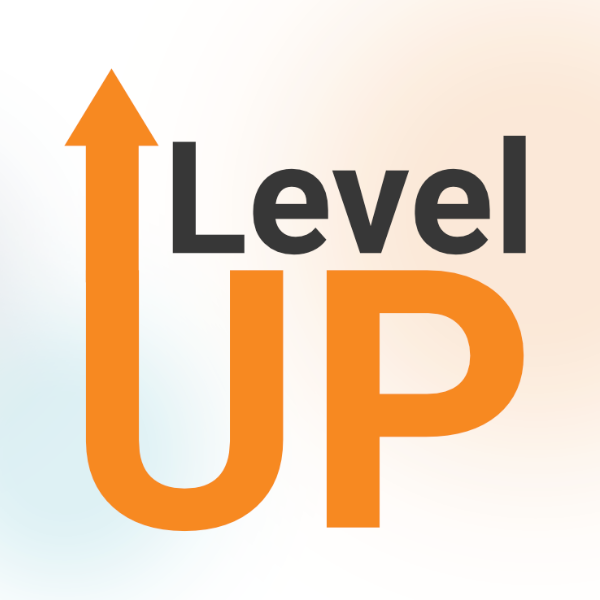Manufacturing Success Business Project
Main contact
Portals
-
 Vancouver, British Columbia, Canada
Vancouver, British Columbia, Canada
Project scope
Categories
Branding & style guides Communications Market research Marketing strategySkills
market timing overcoming obstacles social media trends canva (software) risk aversion operational efficiency trend analysis social listening resilience apache mavenTo identify the core components, strategies, and psychological factors that drive the "manufacturing" of success in pop culture icons such as Taylor Swift in context to applying the same methodologies to founders and startups to increase company profitability and sustainability, focusing on creating frameworks that can be adapted and replicated by Kenergy.
Step 1: Define the Scope and Hypotheses
Scope:
- Focus on founders as brands and startups as the "products" they create.
- Study success through the lenses of:
- Branding: How founders craft a public persona.
- Psychology: Founder behaviors, mindsets, and resilience.
- Market Penetration: Strategies to enter and dominate markets.
- Operational Efficiency: Internal systems and team dynamics.
Hypotheses to Test:
- Success is a combination of founder branding, strategic market timing, and product differentiation.
- Founders who balance vulnerability with exclusivity generate more trust and desire in their networks.
- Replicating success involves both universal strategies (e.g., storytelling) and tailored tactics (e.g., niche-specific branding).
Step 2: Methodology
This project requires a multi-layered research approach, blending academic rigor with real-world case studies and experimental validation.
Case Study Analysis
- Objective: Deconstruct the success of iconic founders and brands.
- Targets:
- Founders: Elon Musk (Tesla, SpaceX), Sara Blakely (Spanx), Melanie Perkins (Canva), and Taylor Swift (as our primary parallel and focus for creating a cohesive and powerful community and culture).
- Focus Areas:
- How they built personal brands or product identities.
- Key milestones in their success trajectories (e.g., pivotal launches, crises).
- Psychological and operational strategies used to overcome obstacles.
- Output: Success blueprints extracted from each case.
Surveys and Founder Focus Groups
- Objective: Gather first-hand insights on what founders believe contributes to success.
- Survey Design:
- Rank factors like resilience, branding, storytelling, team-building, market fit, and timing.
- Open-ended prompts: "What do you think makes a founder iconic?" or "What’s the most underestimated success strategy?"
- Focus Groups:
- Deep-dive discussions with founders on what success means to them and how they aim to manufacture it.
- Break groups into categories:
- First-time founders.
- Serial entrepreneurs.
- Technical vs. non-technical founders.
Experimentation (A/B Testing Success Tactics)
- Objective: Test specific strategies that contribute to manufactured success.
- Design:
- Select a cohort of founders and split them into groups.
- Group A applies storytelling-based branding; Group B focuses on technical achievements in branding.
- Measure audience engagement, market traction, and brand recognition.
- Output: Data on which success tactics work best for founders/startups.
Psychological Frameworks
- Objective: Map psychological traits and behaviors that correlate with success.
- Approach:
- Conduct interviews with psychologists, coaches, and founders.
- Explore topics like:
- Risk tolerance.
- Emotional resilience.
- Self-promotion vs. humility.
- Vulnerability vs. exclusivity balance.
- Output: A psychological playbook for founders.
Social Listening and Trend Analysis
- Objective: Understand cultural perceptions of success in founders and startups.
- Approach:
- Analyze social media trends (LinkedIn, Twitter, TikTok) to see what resonates with audiences.
- Study viral moments in founder journeys.
- Output: Insights into how to leverage cultural narratives for founder branding.
Step 3: Data Analysis
Components to Analyze:
Success Factors Matrix:
- Map the most critical factors across all areas (branding, psychology, market, operations).
- Example categories:
- "Essential": Universally applicable strategies.
- "Optional": Industry-specific tactics.
- "Emerging": New trends that could shape future success.
Storytelling Analysis:
- Identify patterns in how successful founders and startups tell their stories.
- Example: Use of vulnerability, exclusivity, or aspirational narratives.
Market Penetration Techniques:
- Rank the most effective strategies for breaking into markets (e.g., community building, exclusivity-driven launches, partnerships).
Psychological Mapping:
- Categorize psychological traits and behaviors into actionable frameworks (e.g., "growth mindset," "risk calibration").
Step 4: Create the Success Framework
The framework should be structured around replicable stages founders and startups can follow:
Stage 1: Establish the Persona
- Align founder branding with startup mission.
- Define the founder’s public vulnerability/exclusivity balance.
Stage 2: Build Early Buzz
- Leverage storytelling and audience engagement to seed interest.
- Borrow elements of scarcity and mystery from cultural icons.
Stage 3: Achieve Market Penetration
- Use research-backed tactics for launching products and growing audiences.
- Example: Partnerships, limited-time exclusives, or viral campaigns.
Stage 4: Sustain the Momentum
- Maintain cultural relevance through periodic reinvention.
- Engage audiences through community-building and interactive initiatives.
Step 5: Deliverables
The Kenergy Success Playbook:
- A step-by-step guide for founders and startups to manufacture success.
Founder Archetypes:
- Profiles based on psychological traits and branding tendencies (e.g., The Visionary, The Relatable Builder, The Technical Maven).
Success Factors Map:
- A visual representation of the most critical elements founders need to replicate success.
Providing specialized, in-depth knowledge and general industry insights for a comprehensive understanding.
Sharing knowledge in specific technical skills, techniques, methodologies required for the project.
Direct involvement in project tasks, offering guidance, and demonstrating techniques.
Providing access to necessary tools, software, and resources required for project completion.
Scheduled check-ins to discuss progress, address challenges, and provide feedback.
About the company
Building impact-driven innovation that unite ecosystems.
Main contact
Portals
-
 Vancouver, British Columbia, Canada
Vancouver, British Columbia, Canada
